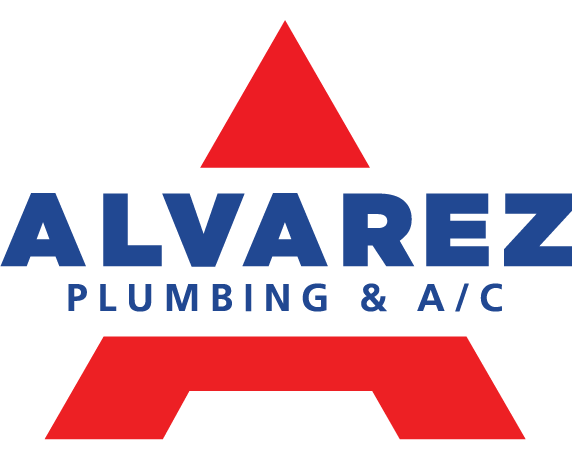Why is my water bill so high?
A high water bill is discomforting for more than one reason. It is obvious that your wallet would feel the pinch, and you would want to prevent that dent. A high water bill clearly indicates that you are using more water or wasting water. This is concerning as water wastage should be taken seriously when there’s drought in certain states, and the world certainly needs to conserve water. A high water bill is also discomforting because if you are not consciously wasting water or using more, and if you don’t see where your water goes, then there is a possibility of water damage or moisture damage in your home. The level of damage flooding or moisture can do will cost you a small fortune to fix.
Let’s explore the various causes of a high water bill and what you can do about it.
The menace of leaks
The most common reason for a high water bill is a leak. If you are lucky, you would have one leak. If you were like millions of other homeowners, then you would have more leaks. The entire plumbing infrastructure is susceptible to leaks. Of course there are great brands and premium quality plumbing systems that last longer and are less vulnerable to leaks. But you cannot be sure unless you check. The faucets may leak, the valves may be worn out, the pipes could leak, which may or may not be visible to you, and there can be leaks from inaccessible areas in your plumbing system. From the tanks to the pipes, the appliances to the various plumbing fixtures you have, you should check everything for leaks when you observe a spike in your water bill.
A leak can go unnoticed for months, if the spike in the water bill is not concerning enough. The slight changes in water pressure due to a leak may not be that noticeable, so it is necessary you get a professional inspection done. A running toilet or dripping faucet is easy to spot. Inaccessible leaks are what you should worry about.
Check the water meter
Meters are usually accurate. Electricity meters, gas meters and water meters are often reliable but don’t take it for granted. Get your water meter inspected by an expert to know if it is absolutely accurate. From faulty meters to wrong calibrations, there are many issues that can lead to a wrong reading. You wouldn’t even know, unless you are a specialist, that you haven’t consumed so much water in a month.
A flurry of leaks
If a faucet, a tap, a pipe or a cistern leaks a few drops every minute, you may not spot them. There could be a flurry of such leaks, and you may not know. When there are too many leaks, even drops every minute from the several places will lead to a substantial wastage. Look for places that are wet or damp. If they are not supposed to be wet or damp, there is something wrong. Your bathroom, the kitchen sink, the roof, the area around the tank, the places where home appliances are installed and your water heater should not be wet or damp long after you have used them. Walls should not be wet or damp. All signs of dampness or wetness are indications that there are some leaks. Find this source of moisture and you would have your leak.
Fix the leaks
When you have a leak or a flurry of leaks, there is no other way but to fix the leak. You can get ready-made solutions and just patch the area that is leaking. You may call in a plumber to fix the leak. You may opt for any solution, as long as the leaks are plugged. Don’t opt for temporary solutions, as you can be sure of having the leak again, sooner than later. Opt for permanent solutions. If some parts of your plumbing infrastructure or some fixtures are very old, upgrade or replace them. It is not worthwhile to have fixtures that have outlived their purpose. New components will cost money but they will save water and save you money. If you factor in the cost of mold remediation or repairing water damage, then the cost of plumbing fixtures or components will pale in comparison.
Conserve water
Finding problems and remedying them is one way to reduce the high water bill. The other effective remedy is to just conserve water. Use only as much water as you need in the kitchen. Use just enough water in your bathroom as you need. Don’t waste water. Try to reuse water whenever you can. Families are letting go of bathtubs and preferring showers because the latter uses much less water. Having very large appliances and using them for very little materials, be it the washing machine or the dishwasher is just outright unwise. Factor the ice cubes you pile up on and then don’t use.



Recent Comments